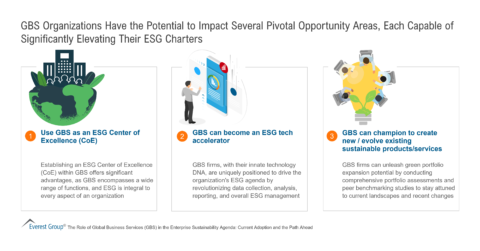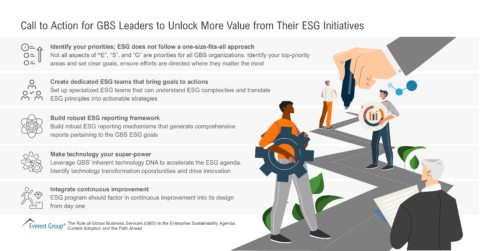Reimagine growth at Elevate – Dallas 2025. See the Agenda.
Filter
Displaying 1-10 of 159
Sustainability Today: Adapting Strategies in a Shifting Regulatory Climate | Webinar
On-Demand Webinar
1 hour
What Is Gen AI Doing to Your Impact Sourcing Practices? | Virtual Roundtable
April 17, 2025
9:00 am – 11:30 am EST
Virtual Roundtable
1 hour 30 minutes













